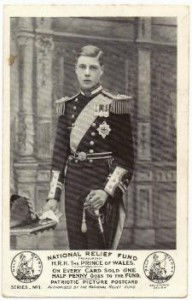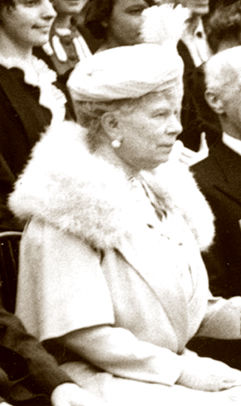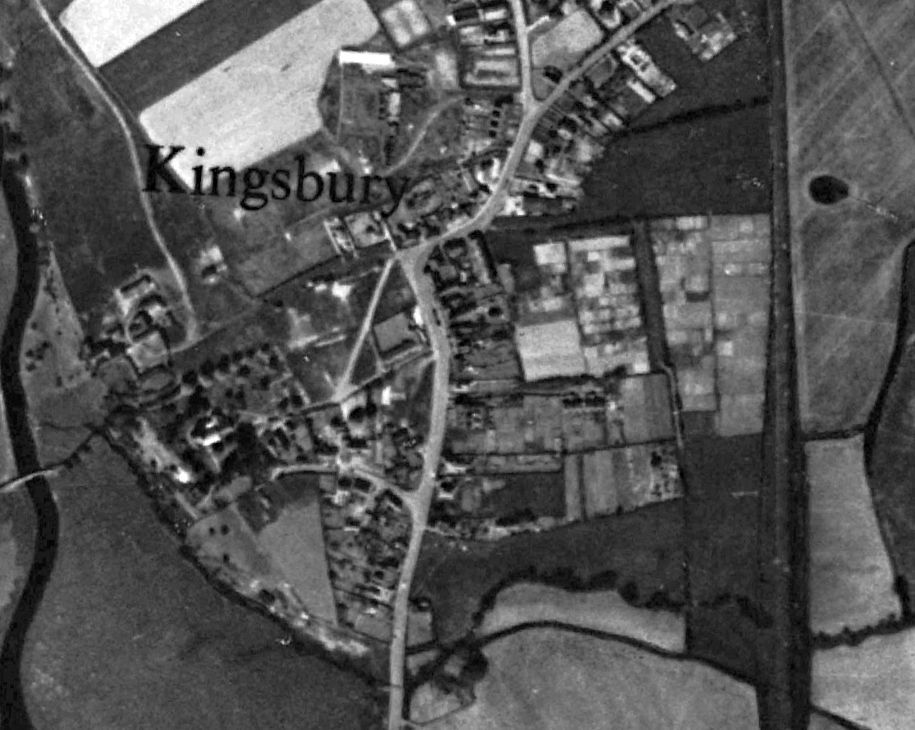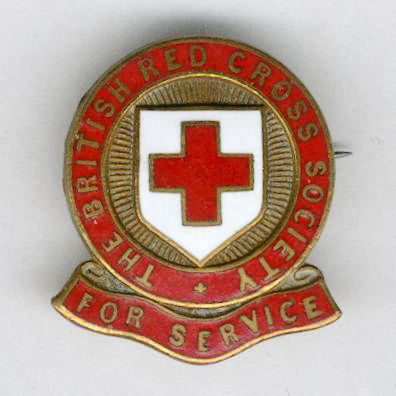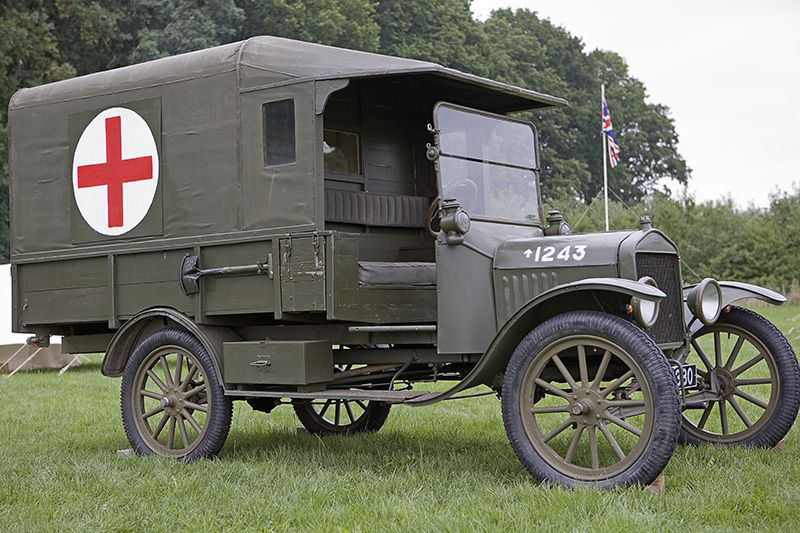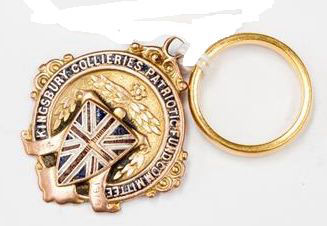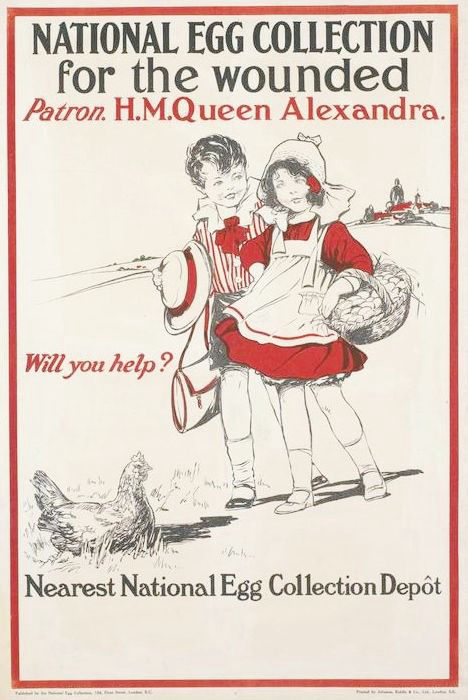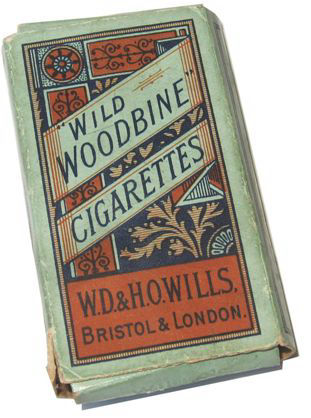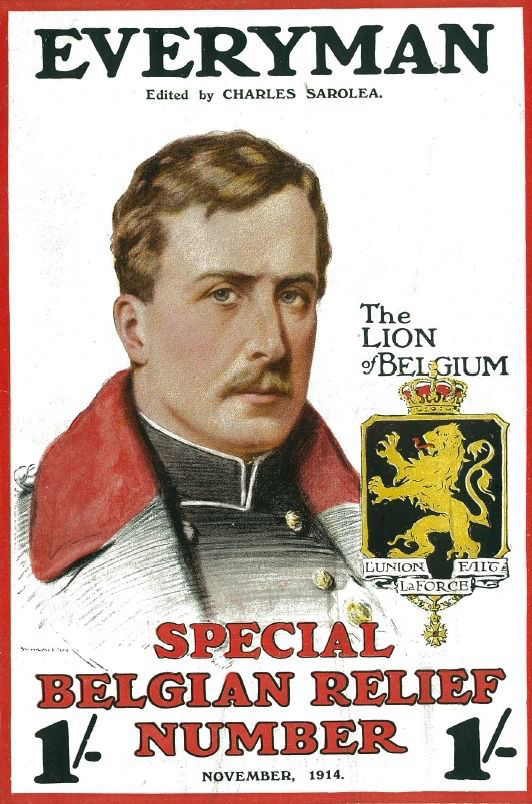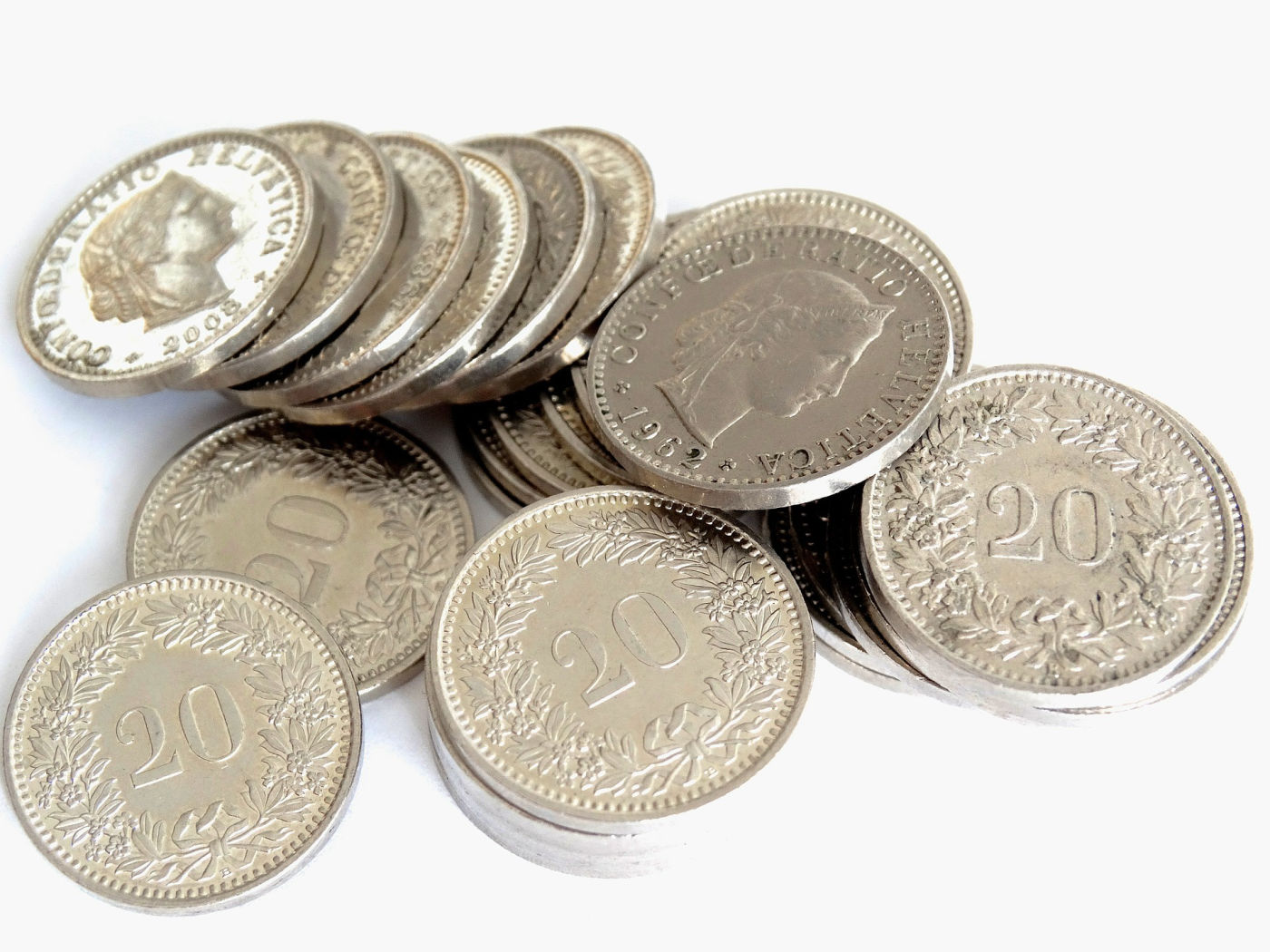Fund Raising
The First World War prompted a new wave of voluntary activity and the foundation of many charities that provided for service men and their families. The National Relief Fund was set up with Prince Edward, Prince of Wales as treasurer to help families of serving men and those suffering from industrial distress. The Prince of Wales put a message in national newspapers:
“At such a moment we all stand by one another and it is to the heart of the British people that I confidently make this earnest appeal”.
Within a week donations to the fund reached one million pounds. Tobacco and cigarettes were the most popular causes from the fund, one of the largest charity “Smokers for wounded soldiers and sailors “ popularly know as “SSS” distributed more than a billion cigarettes to the wounded through funds raised such as “Flag Day”
Queen Mary set up the “Work for Women Fund” to create contracts to supply clothing and other items for the army supply department. The Queen gave 75,000 woollen belts as her Christmas present to the troops. The Queen set the scheme up as many women were losing their jobs in the textile and clothing industry due to the export market being closed. Flag Days was and idea of Agnes Morrison who started the collections in September 1914. They were mainly organised by the Red Cross and volunteer collectors to raise funds for wounded soldiers, war widows and prisoner of war families. The public were encouraged to buy pin badges, the women sold flags wearing national dress. By the end of the war Flag Day collections had raised more than £25 million equivalent to £1.75 billion today.
War Savings Certificates were introduced by the government in June 1916. £1.00 certificates cost 15s-6d and could not be redeemed for five years and held a 29% return at the end of the five years. This helped the war effort. At the end of the war £207 million war savings certificates had been sold. They then became National Savings Certificates.
